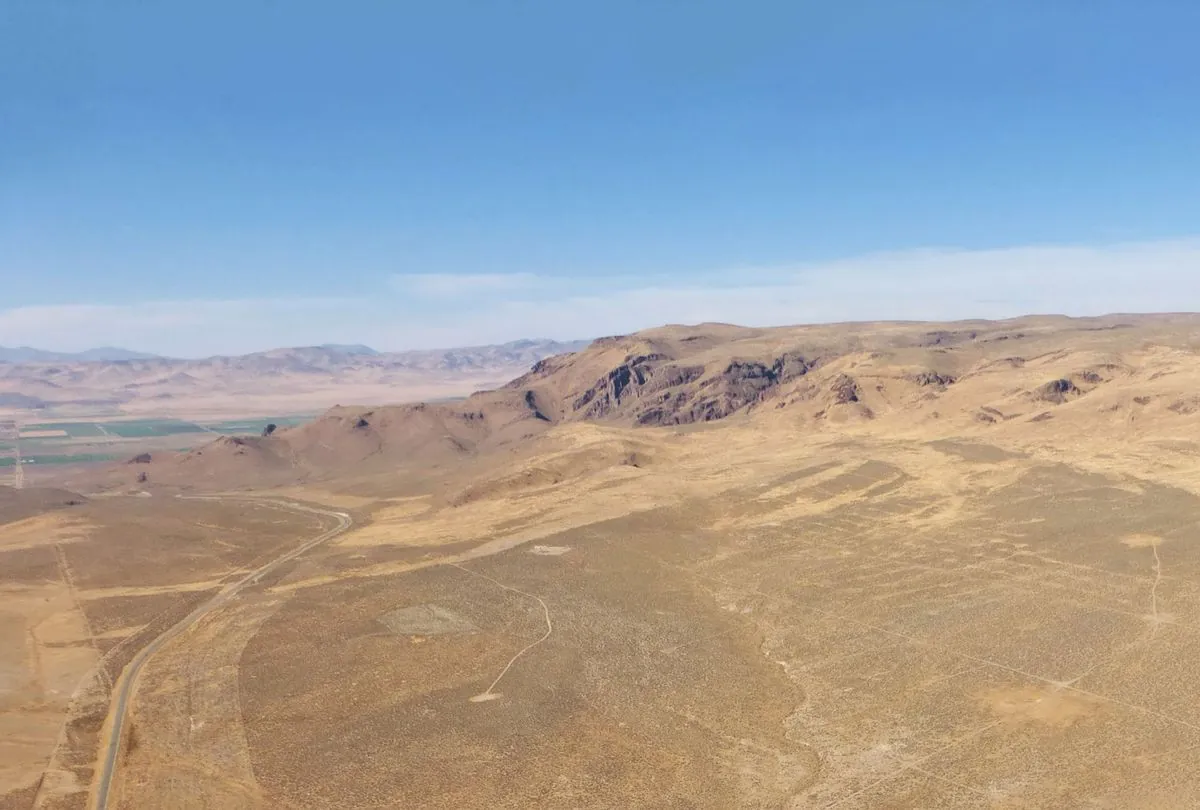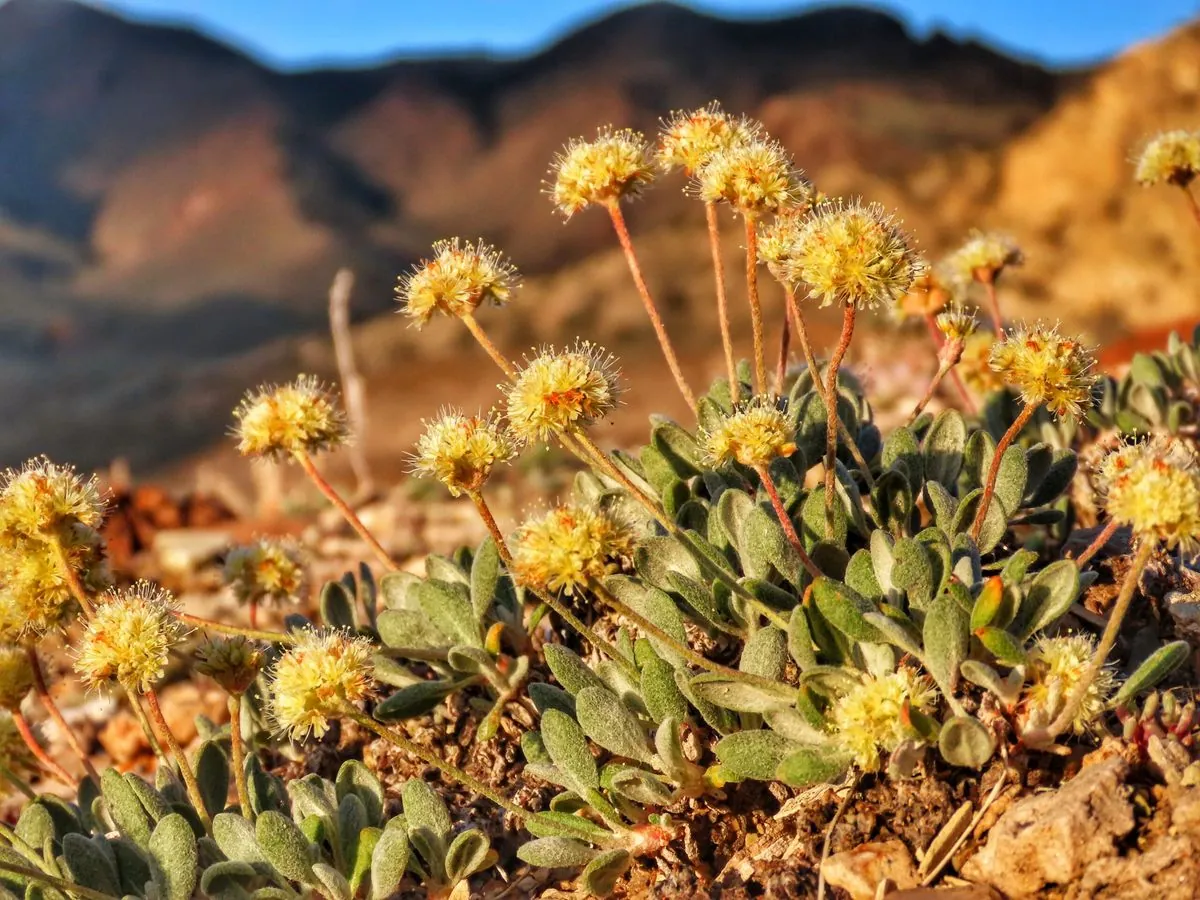Nevada Lithium Mine Clears Environmental Review, Sparks Controversy
U.S. officials complete environmental assessment for Nevada lithium mine, balancing clean energy needs with endangered species protection. Project faces opposition from environmentalists concerned about Tiehm's buckwheat survival.

The Bureau of Land Management (BLM) has finalized its environmental review for the proposed Rhyolite Ridge lithium mine in Nevada, marking a significant step towards the project's potential approval. This development comes as the United States seeks to bolster its domestic supply of critical minerals essential for electric vehicle batteries and clean energy technologies.
Tracy Stone-Manning, BLM Director, emphasized the collaborative effort behind the environmental analysis, stating that it aims to protect species while providing crucial minerals to the nation. The review's completion initiates a 30-day public comment period, during which stakeholders can voice their opinions on the project.
The Rhyolite Ridge mine, proposed by Australian company Ioneer Ltd., has been in development for six years. Bernard Rowe, Ioneer's managing director, hailed the review's completion as a milestone, projecting production to commence as early as 2028. The mine's potential output could supply lithium for nearly 370,000 electric vehicles annually, addressing the growing demand for this critical element.

However, the project faces strong opposition from environmental groups, particularly due to its potential impact on Tiehm's buckwheat, an endangered wildflower. This 6-inch-tall plant with yellow and cream-colored blooms was added to the U.S. endangered species list on December 14, 2022, with mining identified as the primary threat to its survival.
Patrick Donnelly, Great Basin director at the Center for Biological Diversity, expressed outrage at the BLM's decision, arguing that the mining plan still threatens the flower's critical habitat. The organization has vowed to challenge the project legally, viewing it as a violation of the Endangered Species Act.
Ioneer claims to have adjusted its plans to minimize habitat destruction, including a controversial propagation strategy to grow and transplant flowers nearby. However, conservationists remain skeptical about the effectiveness of such measures.
The debate surrounding the Rhyolite Ridge project highlights the complex balance between advancing clean energy technologies and preserving biodiversity. Lithium, discovered in 1817 and named after the Greek word for "stone," plays a crucial role in rechargeable batteries and has seen its global market value soar in recent years.
As of September 2024, the worldwide demand for lithium is projected to increase sixfold compared to 2020 levels. This surge in demand has led to a significant price increase, with lithium carbonate prices rising by 437% between 2021 and 2022.
"The Rhyolite Ridge project represents what we can do when we work together — with industry, states, tribes and stakeholders — to ensure the swift consideration and adaptation of projects to fulfill our energy needs while respecting cultural and ecologically sensitive areas."
While the Rhyolite Ridge project progresses, it's worth noting that Nevada is already home to the only existing lithium mine in the U.S., with another under construction near the Oregon border. These developments reflect the nation's push to secure domestic sources of critical minerals, even as concerns about environmental impacts persist.
As the 30-day comment period begins, all eyes will be on the final decision regarding the Rhyolite Ridge mine, which could set a precedent for future projects balancing economic development with environmental conservation in the rapidly evolving clean energy landscape.


































